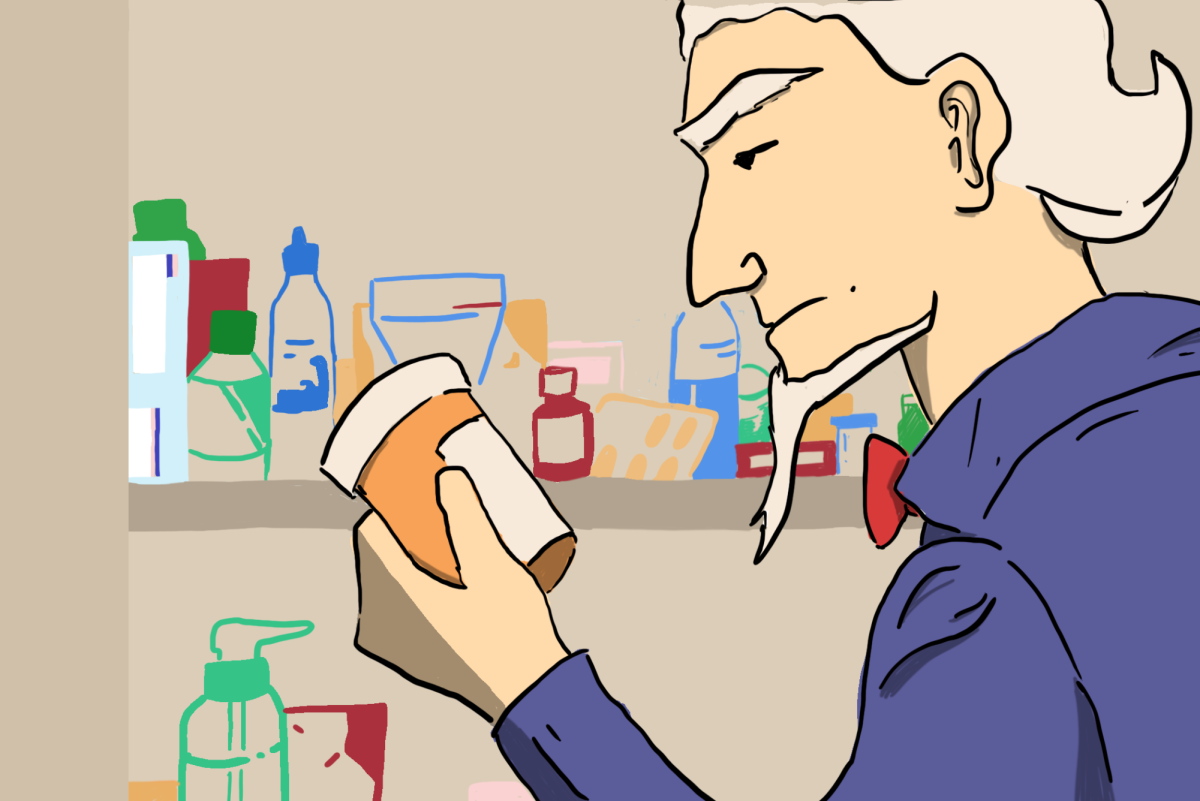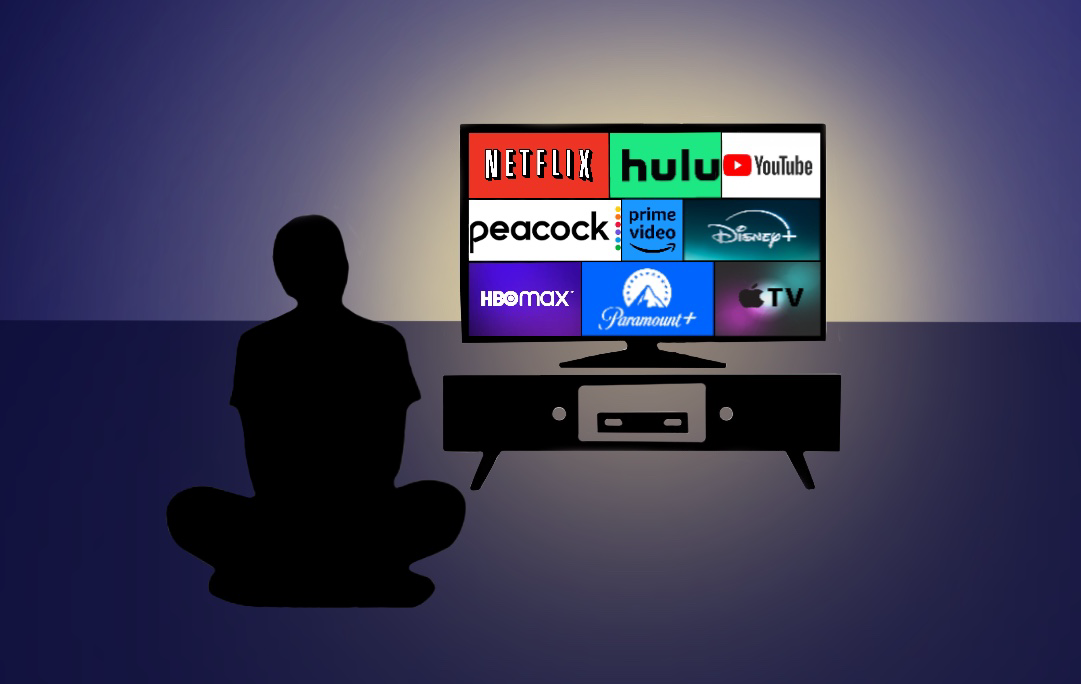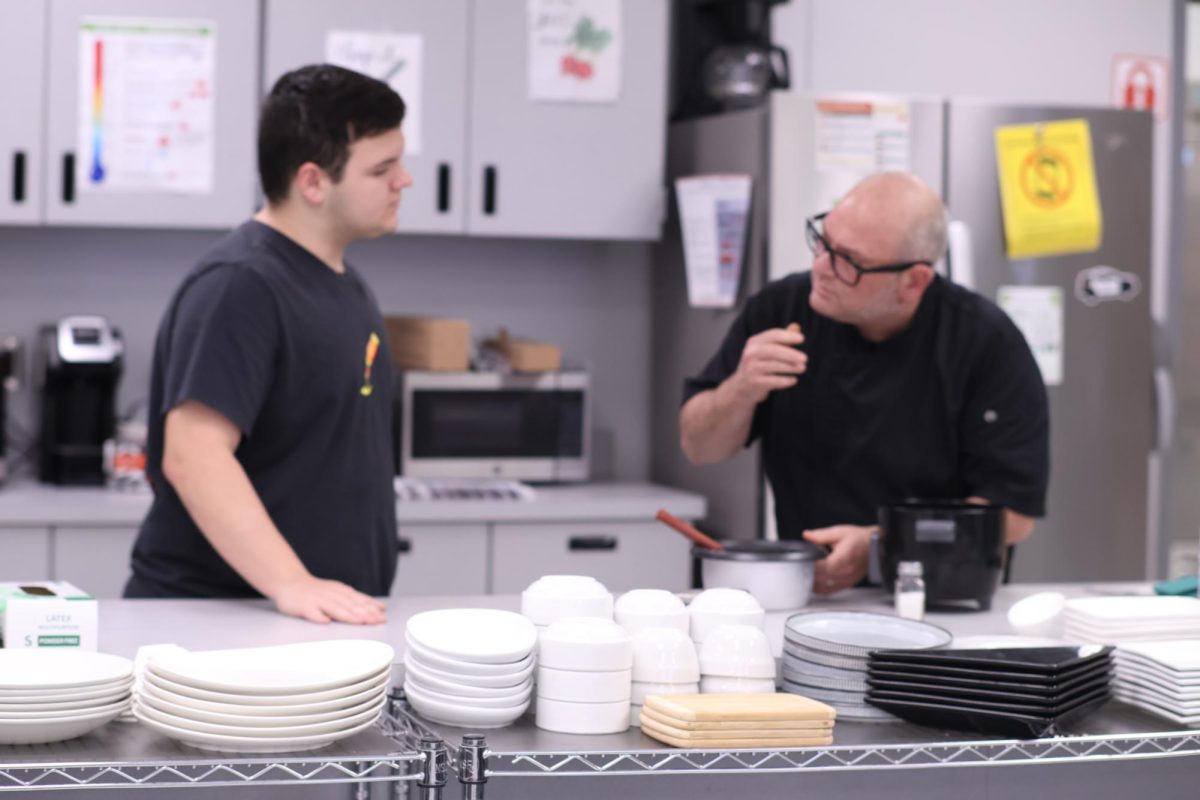Tylenol. Robitussin. Venlafaxine. Hydroxychloroquine.
From the local pharmacy down the street to the staple pill cabinet, medicine is a fact of American life. Every hour, 80 pharmaceutical ads air on American television. In 2022, the pharmaceutical industry generated $603 billion in US sales alone. Currently, there are 20,000 FDA approved prescription drugs on the market.
But when sophomore Shayla France was diagnosed with mixed connective tissue disease at six years old, she was not worried about the resulting cold and numb fingers or almost constant muscle pain–she was worried about taking a pill.
“I was definitely not happy [about the medication],” France said. “When I was younger, I couldn’t even swallow a pill without wanting to gag, and [I did not like how] it made me feel different from everybody else.”
France’s fears reflect America’s delicate dance around medication: it is normal to take medication, but not talk about; it is okay to take a Tylenol every day, but not a personalized prescription.
To genuinely examine this paradox, one must first make a distinction between medicine’s two fields: generic and specialized.
Mainstream medications, like Advil and Zrytec, fall under the generic category, with many Americans consuming them without another thought. These brands enjoy reserved spots in family pill cabinets and a relatively positive public reception.
“I feel like [mainstream medication] is so common because people know that it helps and benefits them,” junior Aleena Jacobs said. “People understand it’s meant to help and improve one’s current, usually short [term], situation and problem.”
Certainly, generic medicine has its positives. Some stop the spread of germs, while others replace chemicals a person’s body may not be producing enough of. Later on in life, medications can help with long term conditions like high blood pressure, or deliver pain relief when needed.
However, as with all things, medication has its pitfalls. The ibuprofen that takes away pain does not take away the problem—it only changes the way the brain reads the pain signal. The Lipitor that regulates high cholesterol does not lower the cholesterol permanently—it only reduces the long term effects.
As senior Teddy Baker notes, medication can only achieve so much—the rest is up to the person’s lifestyle.
“People [often] look to quick fixes instead of focusing more on the intake of their diet,” Baker said. “I [myself] suffer from chronic migraines, and I had to limit myself to taking Tylenol only once or twice a week…if you just take it every day, then it’s not going to work [as well].”
In addition to justifying people’s apathy towards their health, medication can also become dangerous with overuse. Since 2000, the rate of drug-related deaths has skyrocketed by 137% nationwide. For years, the CDC has classified prescription drug abuse as an epidemic.
“Medication can be harmful [as] it can cause major addiction in many people,” Jacobs said. “It’s very easy to get something like a basic medication, [but that also means] it could be used in ways that medication shouldn’t be used.”
However, the negatives of medicine do not always translate perfectly when looking at specialized medication. Although Baker and Jacobs both agree medication has its downsides, they also acknowledge they themselves are daily medication users and are not impervious to its flaws.
In 2020, Baker was diagnosed with depression, and after multiple rounds of therapy, their therapist recommended they start taking antidepressants. Like many users of personalized medication, Baker has encountered multiple instances of their own and societal aversion to the treatment.
“I still battle with feeling broken because I have to have a filled pill box to be normal,” Baker said. “I definitely think there is a stigma around it because [people think] it means there is something wrong with you and no one wants to be viewed negatively.”
Despite the physical nature of her condition, France has also faced prejudice in the past for her medication use. Having been exposed to the biases against medicine at a young age, it took years before France was able to comfortably admit she needed medication to battle prominent discoloration in her fingertips and muscle soreness.
“I’ve come to feel better about it because [I realized] more people have to take medication than people realize, it’s just not talked about very often,” France said.
The taboo surrounding personalized medication can be especially harmful as students are forced to learn to navigate the murky waters of medication on their own. Although adults like teachers and parents are often eager to help, mental health counselor James Bartlett noted medication is a complex issue regardless of someone’s age.
“From my experience, when someone uses a combination of medication and counseling it can lead to better results,” Bartlett said. “Sometimes [medications are] hugely helpful. Sometimes they help us a little bit. [Regardless,] normalization is important so that people don’t feel so alone.”














